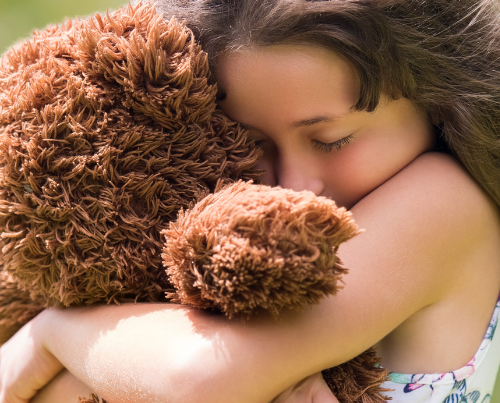How many times have you applauded couples who have been married for 40 or 50 years? At weddings, anniversaries and family reunions, we acknowledge these milestones because few couples make it that far. Yet, how many of those we applaud might be hiding domestic abuse?
Older people – even people who have been married for decades – can be victims of domestic violence.
When the person being abused is over 50, it’s called Abuse in Later Life (ALL). ALL is defined as the willful abuse, neglect or financial exploitation of an older adult by someone in an ongoing relationship with the victim – in other words, someone they trusted.
Since January 2019, 44 survivors of domestic abuse over age 50 – people like Rick – sought and found help at Sheltering Wings. The forms of abuse they suffer aren’t that different from the abuse described by any victim of intimate partner violence:
- Physical – inflicting pain or injury through such actions as slapping, hitting, bruising, restraining or medication tampering
- Sexual – any non-consensual sexual contact, whether comprehended or not
- Emotional – inflicting mental anguish or distress through verbal or nonverbal acts, such as threatening, intimidating or humiliating
- Neglect – failure to provide food, clothing, shelter, healthcare or protection
- Financial – illegal use, misuse or concealment of funds, property, assets or benefits
- Abandonment – desertion of a vulnerable adult
We usually hear about young mothers being abused and how hard it is to leave with children. Occasionally, we’ll hear about a man who has experienced abuse. But, being an older adult in an abusive situation carries its own complications. Often dependent on the abuser for their care or income, victims are afraid or unable to tell anyone about their situation. In many cases, victims who were raised in a different time – when women were taught to obey their husbands and men could never confess to being hurt by a woman – don’t even consider coming forward. Older people are more likely to think they have no choice but to stay with the person to whom they swore “til death do us part.”
Then there’s the sense of loyalty from a 40- or 50-year relationship.
“I don’t hate my husband. I don’t want him to go to jail,” more than one woman has said about why she didn’t call the police.
“What would happen to her if I left? She couldn’t take care of herself,” male victims have said.
Sheltering Wings can help older men and women know their options so they can make informed decisions. Our advocates are available 24/7 to help with protective orders and creating a plan for leaving safely. We also host support groups and we offer training on how to look for abuse in later life.
If you or someone you know is an older adult being abused – or you’re not sure and want to talk about a situation – please call us. If anyone is in immediate danger, dial 911.
Abuse in Later Life: Profile of an Abuser
A person is more at risk for becoming an abuser of an elder adult if they:
- Use drugs or alcohol, especially drinking heavily
- Have high levels of stress and few coping resources
- Lack social support
- Are very emotionally or financially dependent on the older adult
- Lack training in taking care of an older adult
- Have been diagnosed with depression
Not everyone with these traits will become an abuser, and not every abuser will have these traits. Call Sheltering Wings if you suspect elder abuse, (317) 745-1496.




